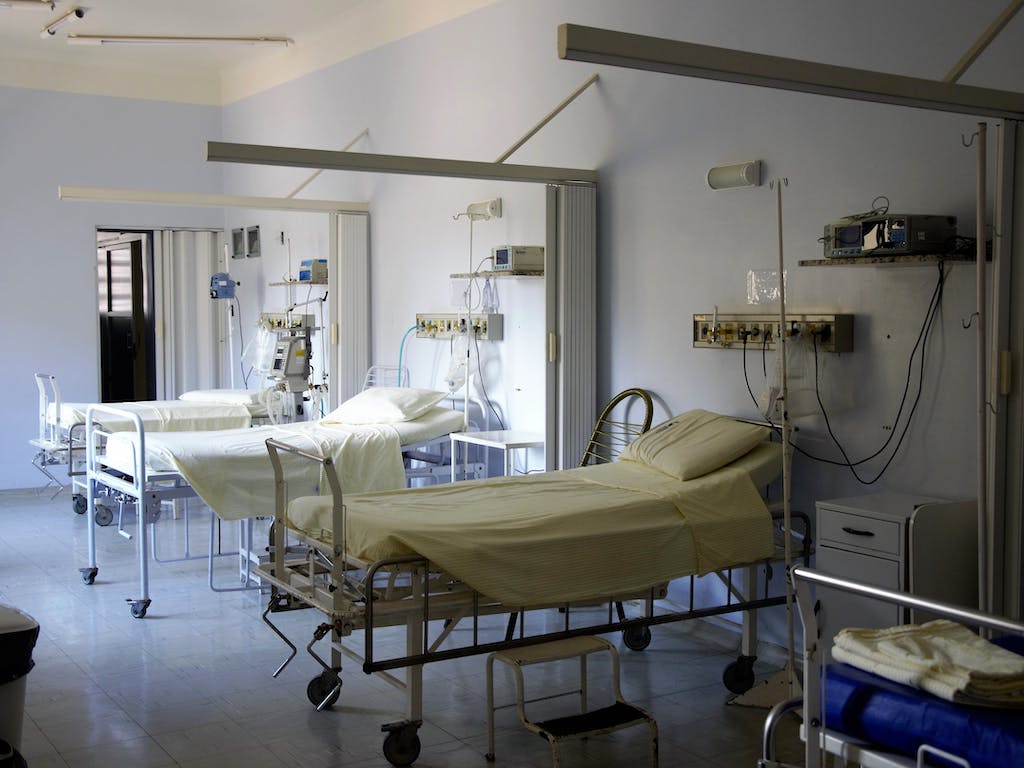In an ideal world, everyone can access quality healthcare without worrying about the financial implications. However, the reality is that not everyone has health insurance coverage. Being uninsured can significantly affect one’s health and wallet, whether due to financial constraints, lack of awareness, or personal choice. Let’s look at what happens when an individual doesn’t have health insurance.
Limited Access to Healthcare Services
One of the most significant drawbacks of being uninsured is limited access to healthcare services. Routine check-ups, preventive care, and screenings become inaccessible or unaffordable. As a result, many individuals only seek medical attention when their conditions become severe, often leading to higher medical costs and poorer health outcomes.
Financial Burden
Even minor medical issues can lead to substantial financial strain without health insurance. A simple visit to the doctor’s office or a trip to the emergency room can result in hefty bills that are difficult to manage, especially if one’s already dealing with a tight budget. Medical debt can accumulate quickly and lead to long-term financial struggles.
Emergency Situations
Medical emergencies can happen to anyone at any time. Without insurance, individuals might hesitate to seek prompt medical attention during emergencies due to fears of the associated costs. Delaying treatment can worsen the condition and even become life-threatening.
Limited Medication Access
Prescription medications are essential for managing various health conditions. However, with insurance, the cost of these medications can be manageable. Uninsured individuals might skip doses, split pills, or forego necessary medications, worsening their health conditions and decreasing their overall quality of life.
Preventive Care Neglect
Health insurance often covers preventive services such as vaccinations, screenings, and wellness exams. Without these services, one is more susceptible to preventable illnesses. Preventive care not only helps in the early detection and treatment of potential issues but also saves money in the long run by avoiding costly treatments for advanced diseases.
Limited Treatment Options
Health insurance can expand one’s options when choosing healthcare providers and treatment options. Without insurance, one might be limited to certain clinics or providers that offer discounted services, potentially compromising the quality of care one receives.
Potential for Preventable Health Decline
Overall, lacking health insurance can contribute to a decline in one’s health status. Minor health concerns that could have been addressed early might escalate into major health issues, leading to a reduced quality of life.
Community Health Impact
The consequences of being uninsured extend beyond the individual. When a significant portion of the population lacks health insurance, it can strain the healthcare system and community resources. Public hospitals and clinics might become overwhelmed, affecting the quality of care for everyone.


